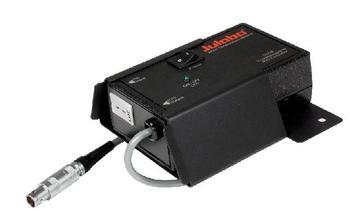Pavement Sign Board,Pavement Board Signs,Pavement Advertising Boards,Swinger Pavement Signs SUZHOU JH DISPLAY&EXHIBITION EQUIPMENT CO.,LTD , https://www.jh-bannerstand.com The development of nanomaterials drives the sensor industry, and the innovation and development of sensors cannot be driven by other disciplines. Especially nano-materials have achieved good results. Biosensors have entered the era of organic nanomaterials.
The development of nanomaterials drives the sensor industry, and the innovation and development of sensors cannot be driven by other disciplines. Especially nano-materials have achieved good results. Biosensors have entered the era of organic nanomaterials.
Nano-particles, nanotubes, nanowires, nano-films and other nanomaterials provide many novel ideas and methods for sensor fabrication. The main applications of nanosensors include medical care, military, industrial control and robotics, networking and communications, and environmental monitoring.
In recent years, various countries have attached great importance to the application of nanomaterials in the development of biosensors, such as the use of DNA nanostructures to modify the interface of electrochemical biosensors for ultrasensitive detection of microRNA tumor targets. Or a new type of biosensor that can be tested for diabetes in a non-invasive way has been developed. Biosensors have improved detection performance with new material applications.
The application of nanomaterials in the field of electrochemical biosensors can simultaneously improve the detection sensitivity, shorten the detection time, and realize high-throughput real-time analysis and detection. The development of sensors has also promoted the rapid development of the robotics industry, enabling robots to intelligently detect the external environment and internal conditions. In the future, nano-materials will further promote the innovation of sensor research and development, and the two will complement each other and develop together.
March 18, 2023